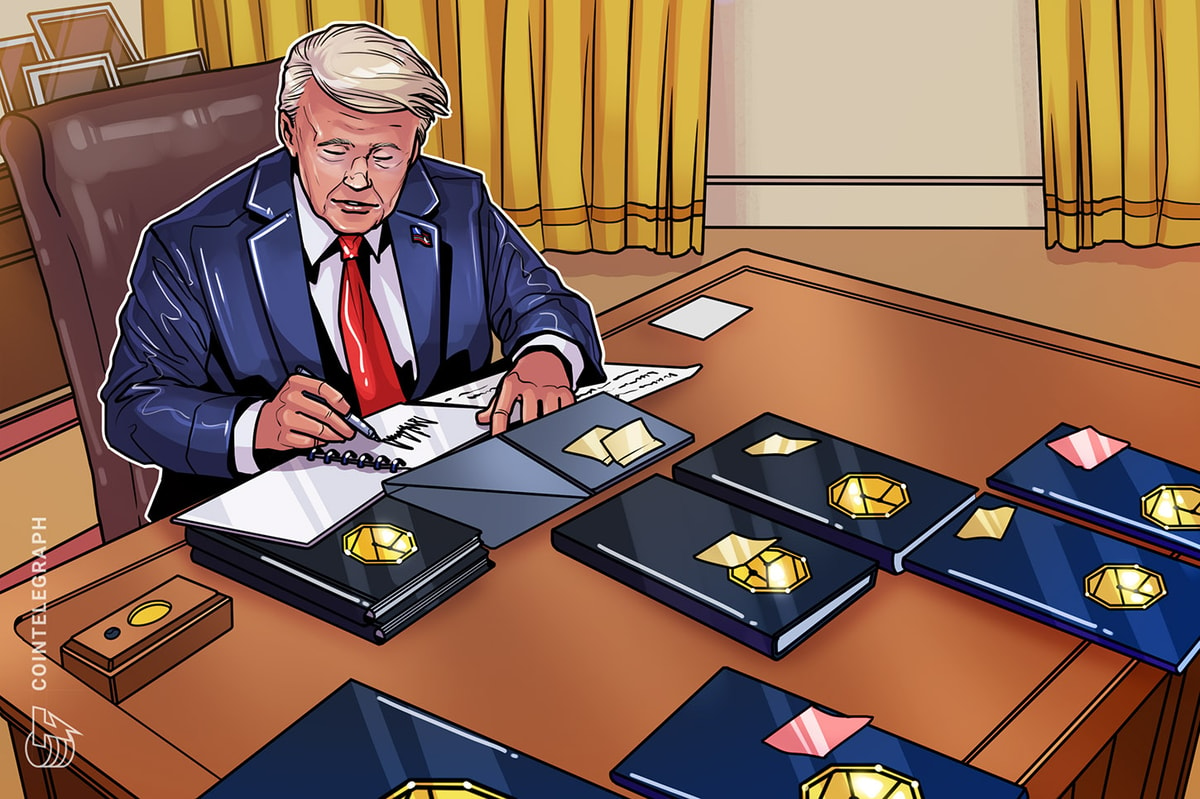Thailand is preparing to let tourists spend cryptocurrency via credit card-linked platforms as part of a broader strategy to modernize its financial system and embrace digital assets.
The plan was announced by Deputy Prime Minister and Finance Minister Pichai Chunhavajira during an investment seminar in Bangkok on May 26, according to reports from Bangkok Post and The Nation.
The initiative, currently under review by the Ministry of Finance and the Bank of Thailand, will enable tourists to link their crypto holdings to credit cards for local purchases.
Merchants will receive Thai baht as usual, often without knowing crypto was used in the transaction. The pilot is expected to roll out after key infrastructure and regulatory checks are in place.
“This approach can be immediately adapted for Thailand, provided the supporting systems are in place,” said Pichai, noting that the model avoids using the Thai baht directly, reducing risks to the domestic currency.
Related: Crypto exchange KuCoin enters crowded Thailand market
Capital markets regulation under review
Beyond enabling crypto use for tourism, Thailand is also planning a reform of its financial laws. Pichai said the government needs to unify the legal treatment of the traditional capital market and the digital asset space, which are currently governed by separate acts.
Pichai also said the government is reviewing outdated restrictions on institutional investors as part of broader capital market reform. Life insurers and large funds holding hundreds of billions of Thai baht are restricted to government bonds. Upcoming changes may open more funds to equities and private sector assets.
The Ministry of Finance is reportedly also looking to reform rules around treasury stocks and ensure fairer market operations by regulating high-frequency trading practices.
A draft law is in the works to expand the Thai Securities and Exchange Commission’s enforcement powers, potentially allowing it to bring major cases directly to prosecutors.
Related: Thailand targets foreign crypto P2P services in new anti-crime laws
Pichai expresses support for digital assets
Pichai reiterated support for digital assets, emphasizing the need for clear rules that enable innovation without risking financial stability.
He mentioned the rollout of “G-Tokens,” a blockchain-based initiative aiming to allow retail investors to buy government bonds in fractional units. These tokens, he said, are expected to improve returns for savers and raise the global profile of Thai sovereign debt.
On May 13, the Ministry of Finance announced plans to issue $150 million worth of digital investment tokens that allow retail investors to buy government bonds.
This came after the country’s securities regulator revealed plans to launch a tokenized securities trading system for institutional investors back in February.
In March, the Thai SEC also approved Tether’s USDt (USDT) and Circle’s USDC (USDC) for cryptocurrency trades, allowing the stablecoins to be listed on regulated exchanges across the country.
Magazine: TradFi is building Ethereum L2s to tokenize trillions in RWAs: Inside story




